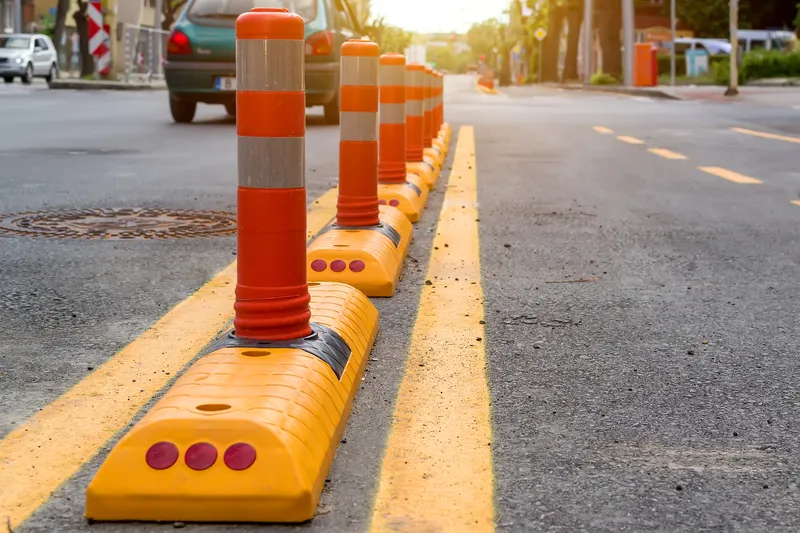
The EIB is working with the European Road Assessment Programme, the International Road Assessment Programme and the Road Safety Foundation to support investment in national and regional safer road projects.
They are also working to support the European Union’s Strategic Plan for Road Safety, which aims to halve the 25,100 road deaths in Europe by 2030 and introduce changes to the way infrastructure safety is measured and managed.
Lilyana Pavlova, EIB’s vice president for transport operations, says: “We aim to finance road projects that will help to save lives and prevent serious injuries. We, therefore, need to provide not only finance but also access to the required advice, training and skills to develop large scale safer road investment programmes.”








